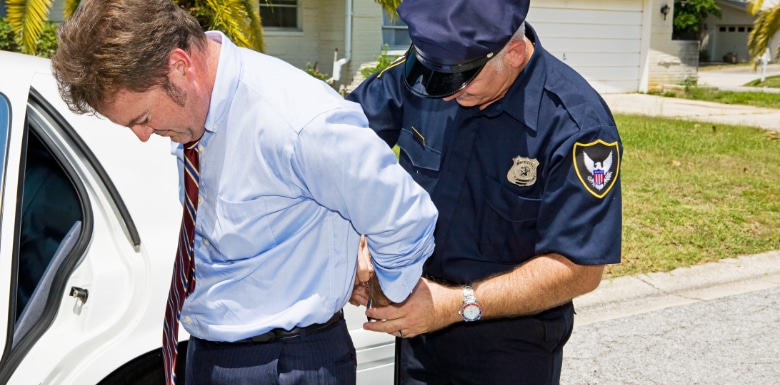Are Pharmacists Required to Report Criminal Charges in PA?
Jan 18 2020, by in Criminal Defense
Being charged with a crime is always concerning. However, your situation could be made worse when you have a professional license to maintain. For instance, when you are a licensed pharmacist in Pennsylvania, a criminal conviction could cost you your livelihood or result in harsh administrative penalties.
The state professional licensing board that governs your license operates differently than criminal courts, but a one-time mistake or misunderstanding should not end your career. You should speak with an experienced attorney about how to handle criminal charges for pharmacists and when disclosure is required.
With a track record of helping licensed professionals in Pennsylvania, attorney Michael Fienman is ready to handle your criminal case as well as protect your license. Call (215) 839-9529 or contact us online for a confidential consultation.
The State Board of Pharmacy Has the Power to Take Away Your License
The Board has the power to refuse to grant you a license, or revoke or suspend your license, if you are found guilty, plead guilty, enter a plea of nolo contendere, receive probation without a verdict (ARD), or disposition in lieu of trial for felony charges to any crime connected to your profession or involving moral turpitude.
Under the Pharmacy Act, your license is automatically suspended if you are convicted of a felony under The Controlled Substance, Drug, Device and Cosmetic Act, or an offense in another jurisdiction that would be a felony under the Act.
A conviction includes a judgment, admission of guilt, or a plea of nolo contendere.
Pharmacists Must Report Criminal Convictions
As of April 2018, the passage of Act 6 requires everyone who holds a professional license in Pennsylvania to report:
- Any disciplinary action by any licensing board or agency in another jurisdiction,
- Any misdemeanor conviction, and
- Any felony conviction.
Convictions encompass:
- Guilty verdicts,
- Admissions of guilt,
- Pleas of nolo contendere,
- Probation without a verdict,
- Disposition in lieu of trial, and
- Accelerated Rehabilitation Disposition (ARD).
You have 30 days from the date of the conviction or disciplinary action to report it to the Board.
How to Report a Conviction
You must notify the Board of a conviction or disciplinary action through the Pennsylvania Licensing System (PALS) at www.pals.pa.gov. Select “Mandatory Reporting by Licensees.” You must verify that you are a licensee or reporting on behalf of a licensee, and then you will be allowed to sign in.
Do You Have to Report Criminal Charges?
No, you do not have to report criminal charges to the Board or state automatically.
Criminal charges are not a conviction. Many people are wrongfully charged with a crime they did not commit. Though you are facing charges now, an attorney may help you have those charges dismissed. A judge or jury may acquit you at trial.
DUI Charges Are Reported to the Department of State
As a licensed pharmacist in PA, bear in mind that certain offenses, like DUIs, are reported to the Department of State and trigger an investigation by the Board.
Following a DUI charge, you will receive a letter referring you to the S.A.R.P.H. Program You can agree to submit to an evaluation, and if necessary, go through treatment.
S.A.R.P.H. is usually the only opportunity to keep an issue private. If you refuse an evaluation, any resulting disciplinary action will become public record.
When You Should be Proactive and Go to the Board
When you are going through a difficult situation, your first instinct may be to hide it from your professional licensing board. You do not want to place your license and job in jeopardy. However, if you are struggling with alcohol or drug addiction or another mental health condition, you should talk with a lawyer about approaching the Board regarding treatment.
Secundum Artem Reaching Pharmacists With Help (SARPH) works with the Board to screen, treat, and monitor licensed pharmacists. If you are proactive about seeking help, your license may be suspended while you go through treatment, or you may be able to retain your license. If you lose your license, you will be in a much better position to have it reinstated when you have completed treatment and are fit to return to work.
Are You a PA Pharmacist Facing Criminal Charges?
If you are a licensed pharmacist in Pennsylvania and are facing criminal charges, the best way to protect your license is to defend yourself. Attorney Michael Fienman has years of experience defending against criminal charges and representing professionals during disciplinary actions.
Contact Fienman Defense at (215) 839-9529 or through our online form to schedule a consultation.


